Many people in the West try to discredit the Ukrainian fight for independence as a “proxy war”. You might have noticed that this insult falls on deaf ears in Eastern Europe. Here is why.
Map by Alexander Altenhof - CC BY-SA 4.0
This is the map of Europe in 1815. It’s probably the worst period in history for all our countries - not only Poland and Ukraine are absent from the map, but also for instance Romania, Greece, Belgium and Italy. Norway is generously mentioned, but it’s actually not independent (it’s a junior partner of Sweden).
The coalition formed by the European tyrannies against the French revolution evolved into the anti-Napoleonic coalition, and finally into the Holy Alliance. European superpowers, notably Austria, Russia and Prussia, created a set of mutual assurances to protect the divine power of kings by crushing all revolutionary movements in Europe.
In 1815, democracy looked like a lost cause. Should people - say - in Rome - ever revolt against the clerical tyranny of the Papal States and say “we want to live in a secular republic, with free election and freedom of speech”, they pope would simply call for help from the Austrian, French or the Spanish armies stationed in the Italian puppet “kingdoms” and drown the rebellion in blood. As it happened in 1821, 1831, 1849 and 1859.
I mention Italy because at that time, Eastern European nations shared the same fate with some Western nations, also “not present on a map”. This results in some trivia: Italy is mentioned in the Polish anthem and vice versa, because back then we felt like brothers in arms in the pan-European struggle against the international system of oppression (“Pope and Tsar, Metternich and Guizot”…).
The Polish anthem begins with the declaration “Poland is not dead yet since we are still alive”. If you find it surprisingly similar to the Ukrainian anthem, it’s because the Polish war song of 1797 was an inspiration to the pan-Slavic patriotic song “Hey Slavs!”, that was in turn an inspiration for the Ukrainian anthem.
The Polish anthem then moves into declaration: “March, march, Dąbrowski, From Italy to Poland”. It is weird for children learning it for the first time: why Polish anthem is about marching from Italy to Poland, shouldn’t it be the other way round? And who the hell is Dąbrowski?
The Italian anthem says that the “Austrian eagle” drank Polish and Italian blood in the company of Cossacks, but they will choke on it. This sense of brotherhood was real in the 19. century. At that time you would find Polish volunteers fighting for Italian liberty, but also Italian revolutionaries fighting for the liberty of the Balkan nations.
A monument dedicated to Tadeusz Kościuszko - hero of Poland and USA (photo credits unknown)
The 19. century revolutionaries generally believed that the advancement of liberty anywhere would move forward the cause of liberty everywhere. If you look at the 1815 map, it’s not that stupid. If the Austrian empire gets beaten in Italy, Polish revolutionaries could have a chance in Galicja.
Almost every country on this map is an autocratic, absolute monarchy (Switzerland being the biggest exception). No constitutions! They fought Napoleon precisely to kill the idea of constitutionalism - and in 1815 it seemed that they made it.
Of course, it was very naïve for both sides, revolution and reaction. The reactionaries were unpleasantly surprised that this impenetrable system was not so impenetrable. With the sole exception of Russia, all these countries turned to republics or constitutional monarchies within 100 years.
The revolutionaries’ surprise was even more bitter. The equation of “liberty” and “independence” turned out to be a mistake when our countries (re)appeared on a map in 1918. Brief experiments with democracy ended up in autocratic coups pretty soon, and in 1930s it was (almost) all dictatorship.
What’s even worse, it turned out that the hitherto oppressed minor nations were unable to cooperate. In 1848 it was “liberty for one means liberty for all”. In 1918 it turned into “Poland vs all neighbours”, “Czechoslovakia vs all neighbours”, “Hungary vs all neighbours”, “Yugoslavia vs all neighbours”, “Greece vs all neighbours” - and so on.
Central Europe in late 1940. Most of the countries that (re)appeared on this map around 1918 disappeared from the map once again. Yugoslavia is still there, but not for very much longer. Map by San Jose CC BY SA 3.0
This led to a series of the most dreadful mistakes in the foreign policy of our countries. We ended up either fighting Hitler and/or Stalin alone - and losing, like Poland. Or as their vassals, who just “voluntarily” gave up, hoping to avoid the fate of Poland. By 1940, our countries were again mostly gone from the map (even if some of them kind-of-survived as puppet states).
Those Polish soldiers who made it out of the fallen country (usually via Romania and Hungary), did what they ancestors did in similar predicament. “Poland was not dead yet”, so they fought in France, Norway and North Africa
Polish fighter pilots of the 303th RAF Squadron protected British sky during the Blitz. They were hoping to protect Polish sky some time - they never had the chance.
Gene Hackman as Sosabowski in the Attenborough epic film - about to fight a proxy war for Poland in Holland
Sosabowski’s paratroopers trained in the hope to be dropped in Poland. They were sent to Arnhem instead. The Brits said it was “one bridge too far”, but for them it was still “99 bridges short of Poland”.
For the soldiers of Maczek and Anders, the Western campaign of the World War II was a proxy war. Just as the American War of Independence was a proxy war for Tadeusz Kościuszko and Kazimierz Pułaski. The American Civil War was seen as a proxy war by the soldiers of the Polish Legion, and the Spanish Civil War by the soldiers of the Polish Brigade (“Dąbrowszczacy”).
“In the name of God, for freedom our and yours” - banner of the failed (as usual) Polish uprising of 1830-1831
We hold the motto: “For our freedom and yours” in deep esteem. Sometimes you can’t fight for your country directly, so you fight for some other country - a proxy war. In Eastern Europe, we worship people who fought in these proxy wars as our greatest heroes.
I will end it with just one example: Józef Bem aka Murat Pasha. He fought for Poland. When it was no longer possible, he fought for Hungary. When it was no longer possible, he fought for Turkey. He died in Aleppo.
The great Polish poet Cyprian Norwid wrote a very intense poem about his death, describing his imaginary funeral - stylized as a surreal ancient ceremony. Like any self-respected poet of Romanticism, Norwid was a drug user, and his imagination was out of this world.
The poem was reworked in 1969 as psychodelic progressive rock by Czesław Niemen (Roger Waters by then was still goofing around with “Ummagumma”). Even if you can’t understand the Polish words, you can get the Latin motto repeated by the grim choir - allegedly a quote from Hannibal - “ius iurandum patri datum usque ad hanc diem ita servavim” (“the word of honour I gave to my fater[land] I obeyed until this very day”).
Listen to this song - if only to boost your prog-rock hipster credentials. And just remember this is what we think when someone says “Ukraine is fighting a proxy war”.
Our response: “yes, and?”




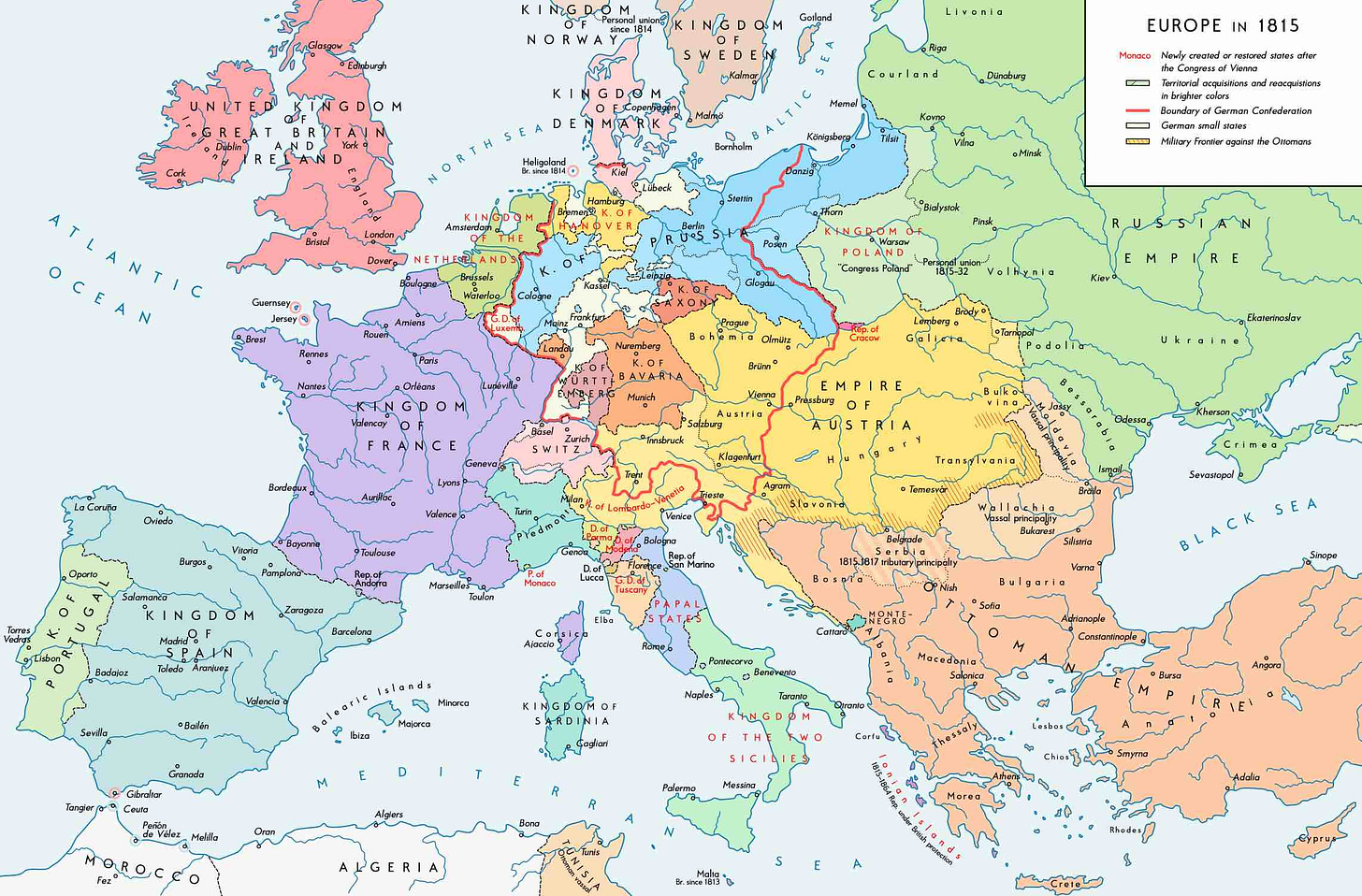
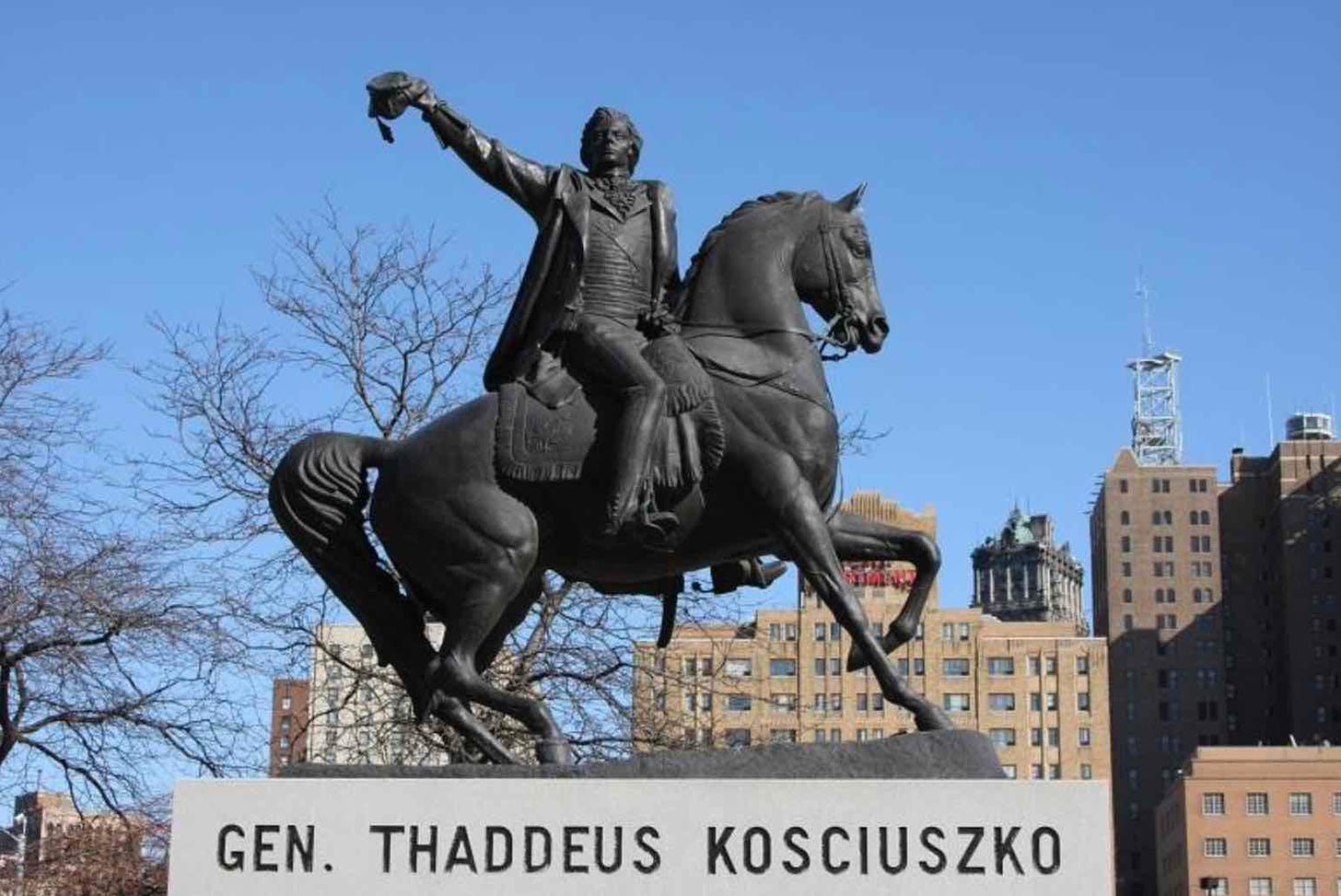
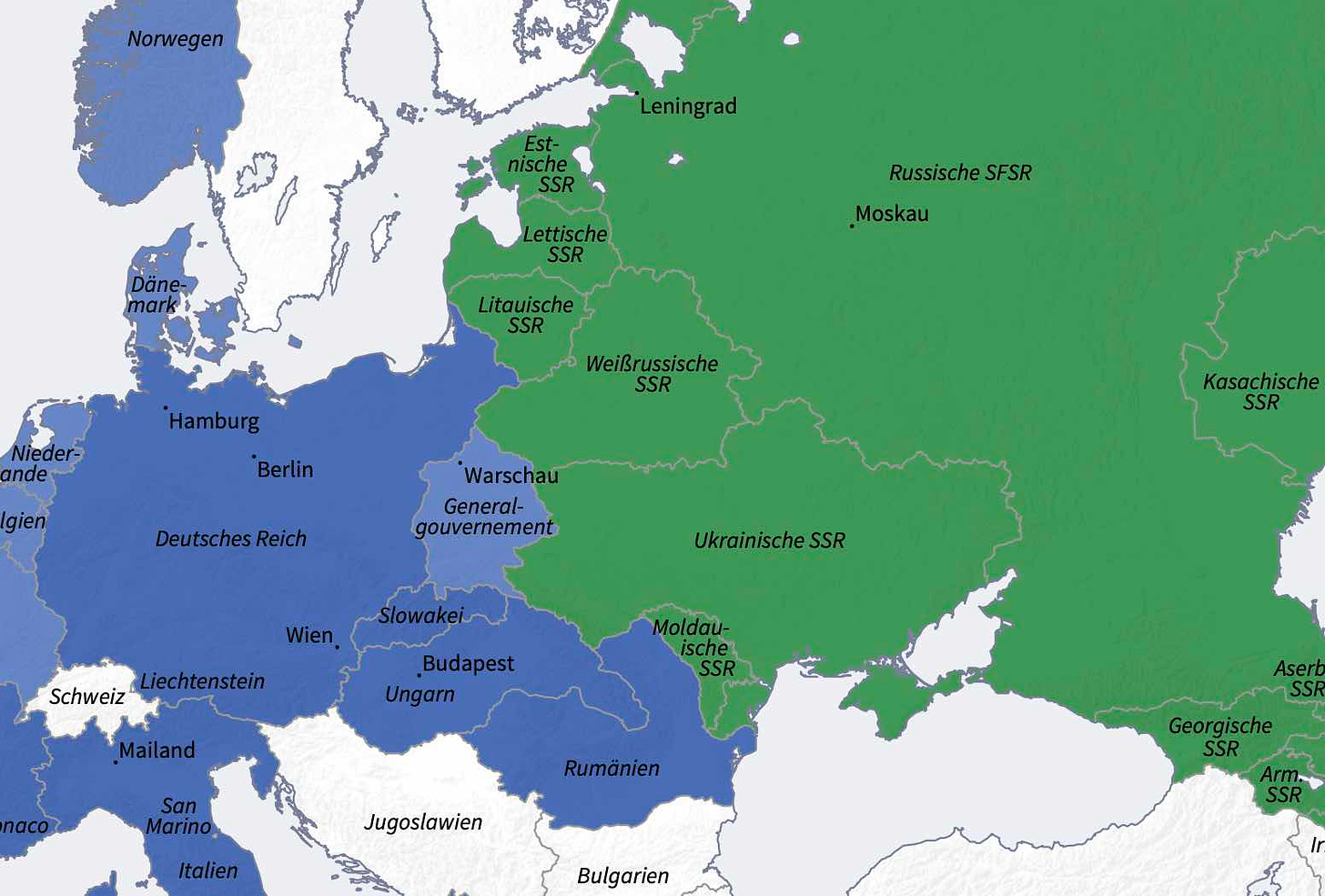
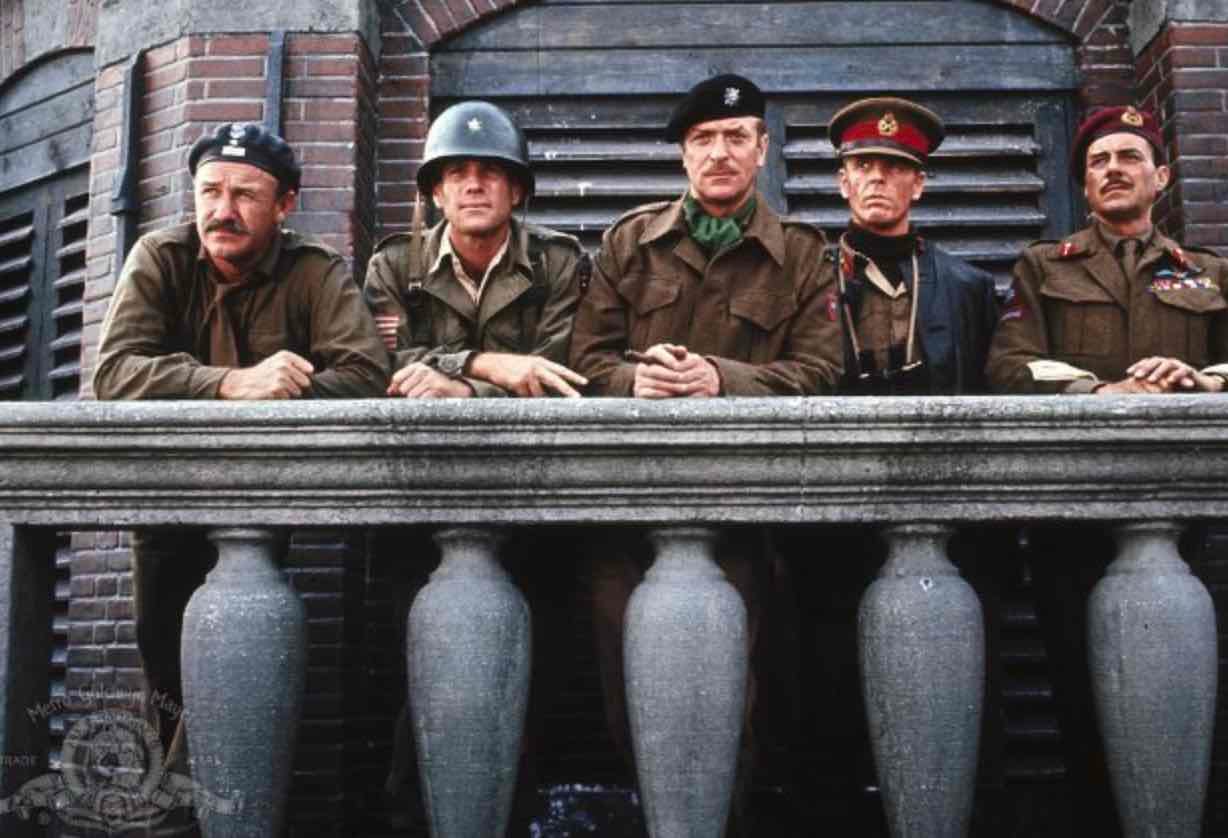
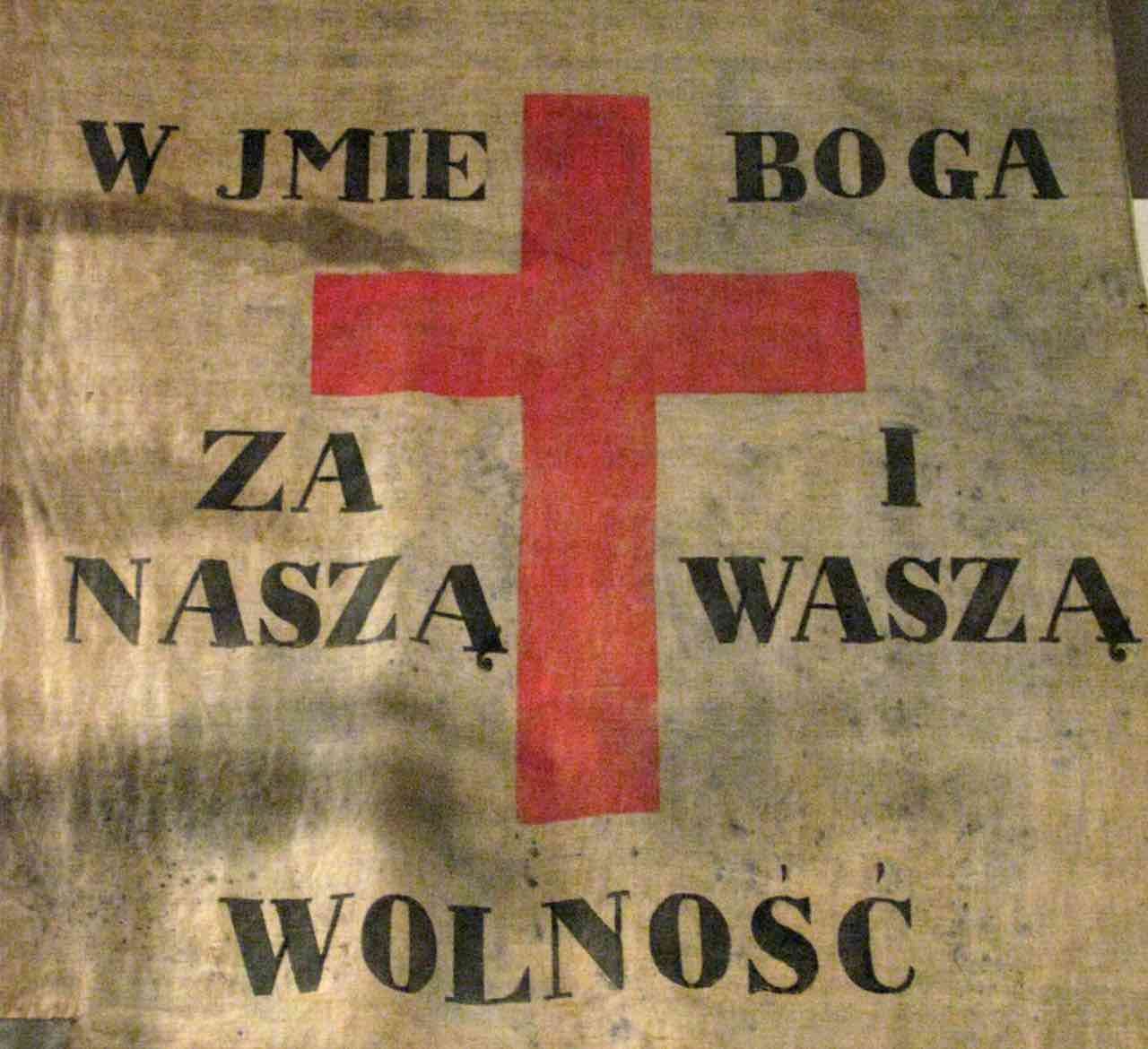
There is an anecdote that during one of the battles of the First World War, soldiers of the First Brigade of the Polish Legions took a Tsarist officer prisoner.
The Polish officer interrogating him, Bolesław Wieniawa-Dlugoszowski, was asked by the Russian what the Polish legionnaires were actually fighting for.
Wieniawa replied: - We are fighting for freedom, what are you fighting for?
To which the Russian replied: - And we for honour!
- Apparently, everyone fights for what he lacks - Wieniawa-Dlugoszowski commented.
One of the most fascinating examples of proxy war hero from the ww2 is Witold Urbanowicz. As commander of 303, he became ace (17 kills over UK), but due to unpopularity with Polish govt on exile in London, was sent to Washington as military attache. There he volunteered to fight for free China, and joined famous Flying Tigers in Chongqing. He shot around 6 Japanese planes, and wrote very good book about whole adventure (Fire over China).